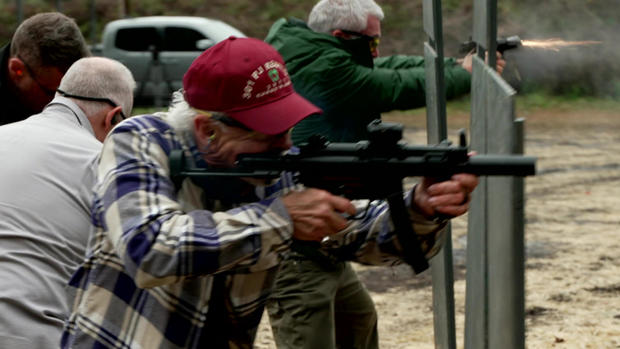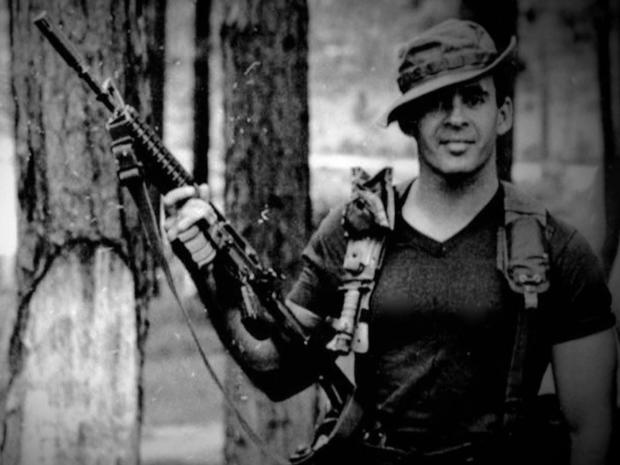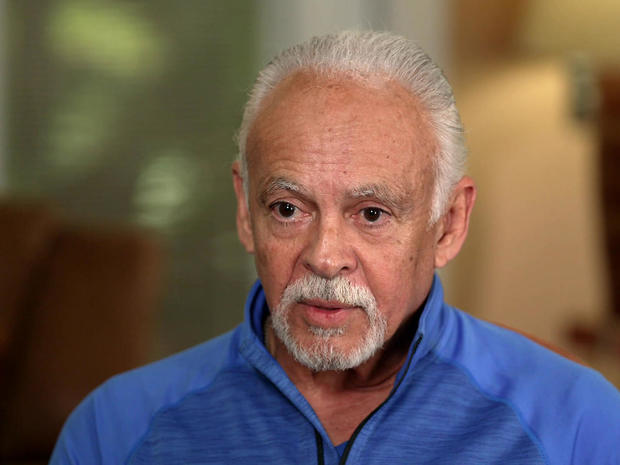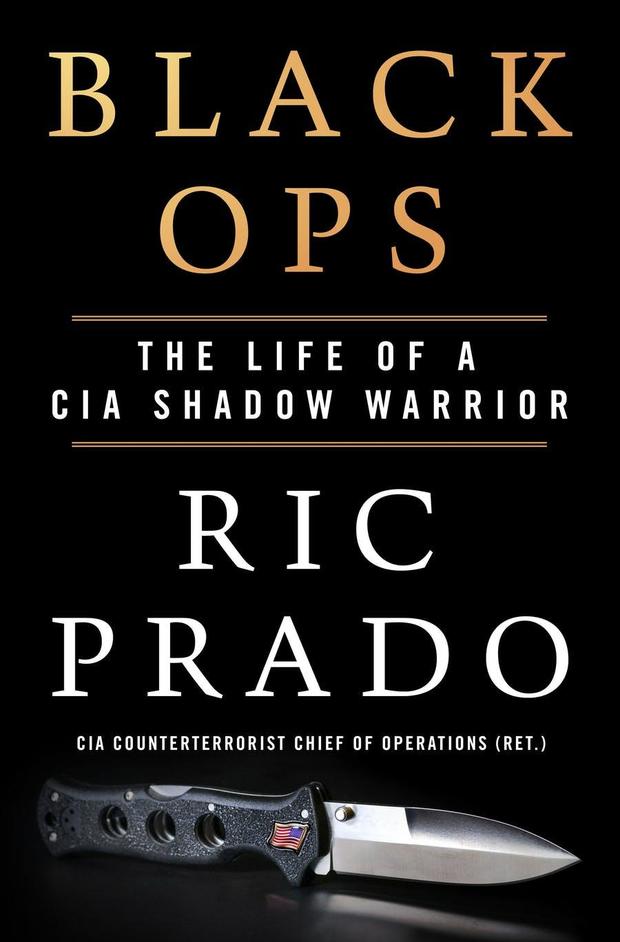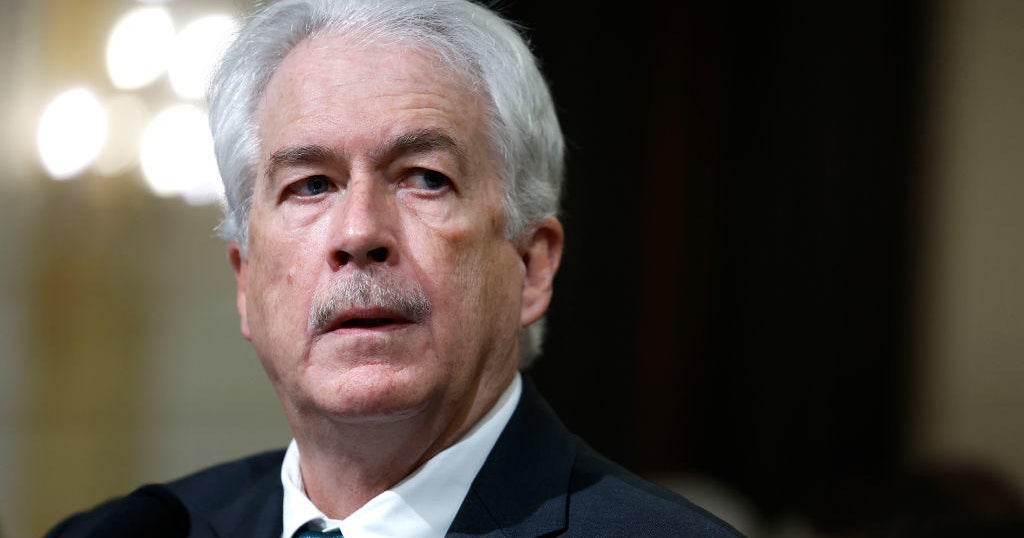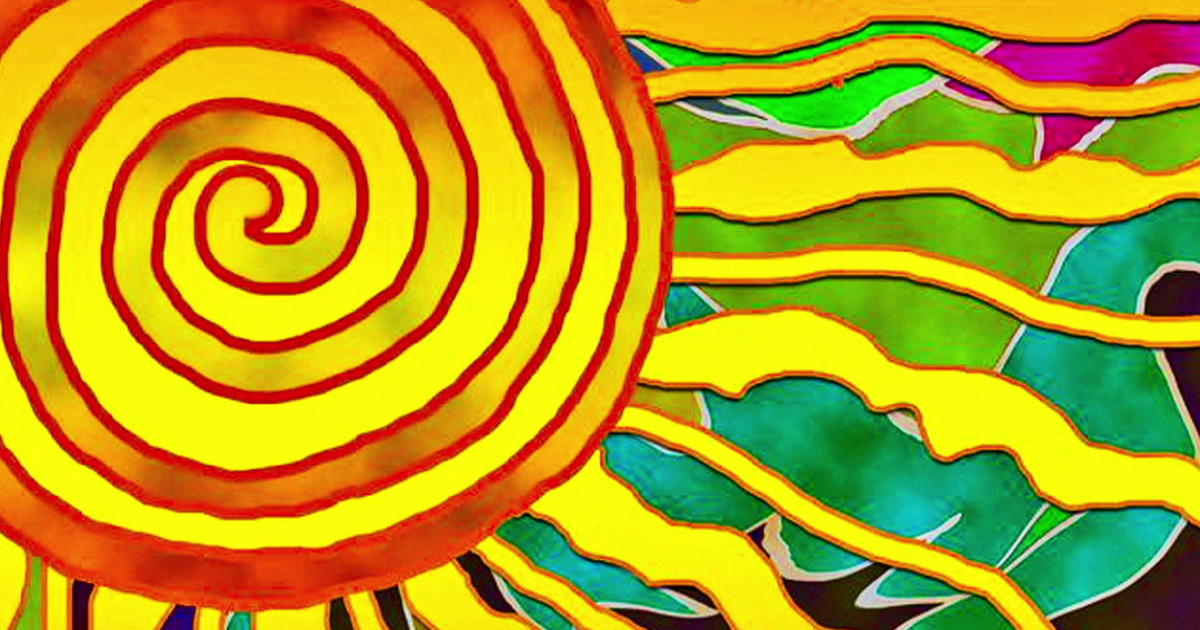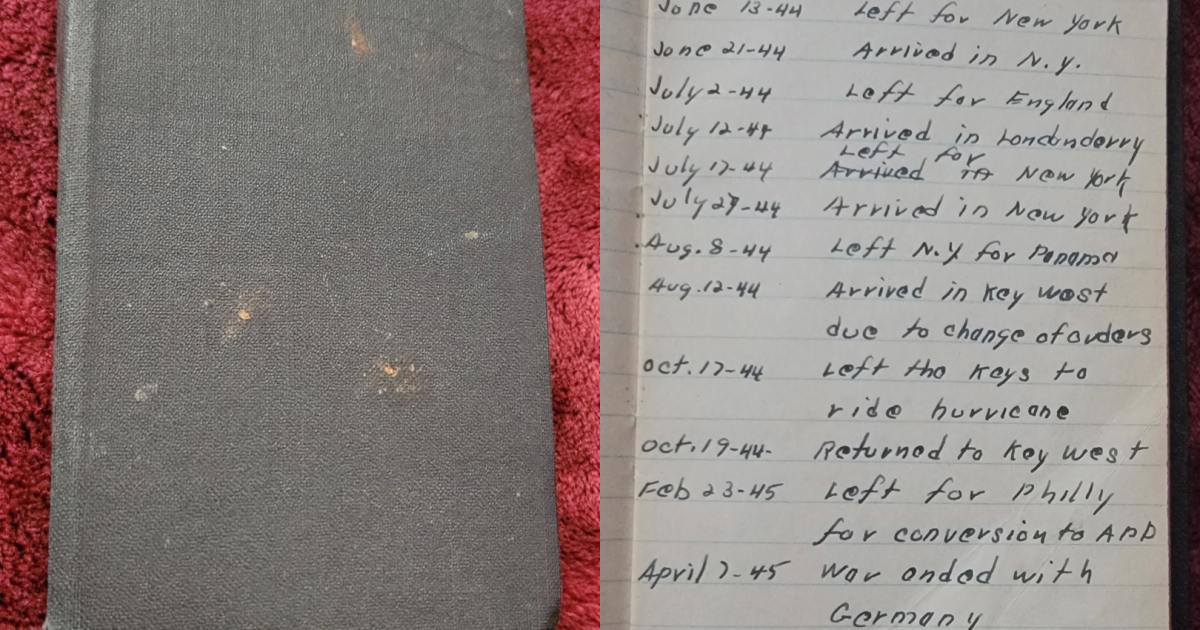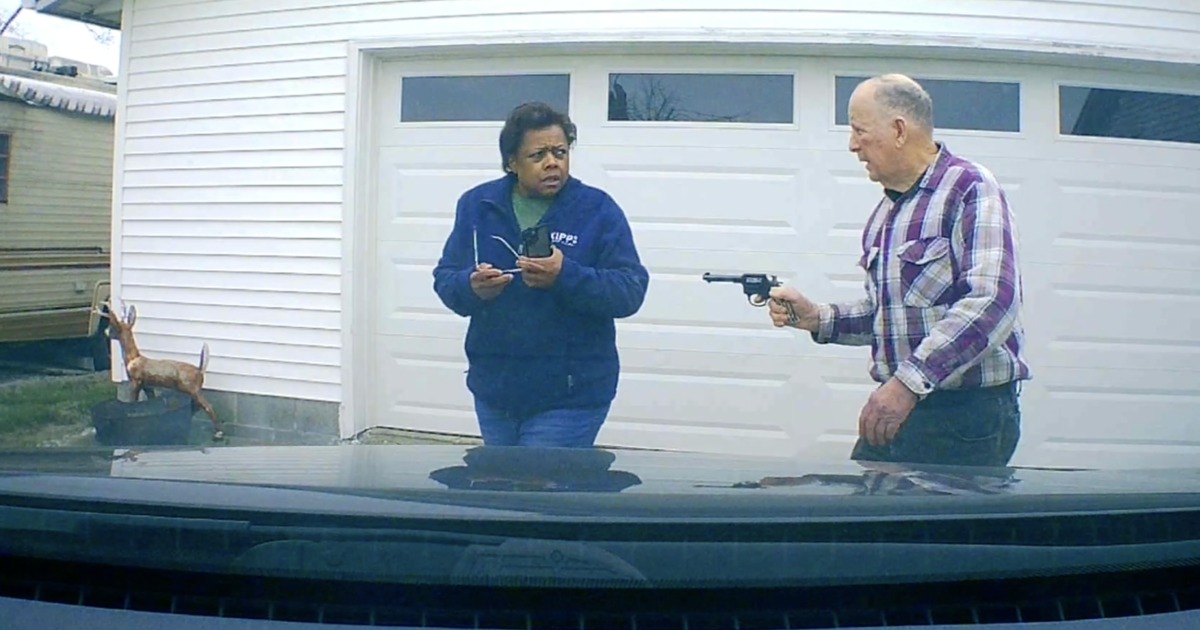The life of a CIA shadow warrior
At a training facility in Saint Augustine, Florida, you can watch Ric Prado at work. The bullets are real. He's retired from the CIA, but still trains local SWAT teams.
"You're a dangerous man," said CBS News national security correspondent David Martin.
"Not to my allies," Prado replied.
He calls himself a meat-eater – and he's not talking about his diet. He showed Martin a display of his "tools of the trade." "I like knives because they scare me," he said. "So, I figure they scare everybody else, too. So, they're a good weapon to have."
Prado spent 24 years with the CIA, and has written a book, called "Black Ops: The Life of a CIA Shadow Warrior." It begins in Cuba, when Fidel Castro came to power and seized the Prados' coffee roasting business.
"Castro cracked down really, really hard," Prado said.
The family gathered for a final dinner together, before putting their 10-year-old on a plane to the U.S., by himself. "Imagine putting your only child on an airplane to a country that you've never been to, with no guarantees that you're going to be able to follow, for freedom."
He lived in an orphanage until his parents made it out eight months later, and settled in Hialeah, Florida. In 1971, he joined the Air Force and became a pararescueman.
"I loved it," Prado said.
"If you loved it so much, why did you get out?"
"Vietnam was gone. My dream was to go to Vietnam."
"So, 'No war, I'm outta here'?" asked Martin.
"Exactly, yeah, no real mission."
He found his mission in the CIA, working undercover with anti-communist rebels at jungle camps in Honduras. "I was the only CIA officer operating in the camps," he said. "All the training that they got, I was the one conducting that for them. It was the best job I ever had."
The rebels were called contras, and like him they had fled a communist revolution (this one in Nicaragua) and were trying to take back their country.
Martin asked, "The contras were your kind of people?"
"I loved them," Prado said. "I saw what that communist octopus monster did to my family, what it did to my country. To be there, helping these individuals who have faced the same monster, it doesn't get any more basic than that."
He took a group of lobster divers and turned them into frogmen who blew up a pier at a Nicaraguan port. "Here I am, the little Cuban guy, and now I just cut off some of those tentacles of that damn octopus," he said.
The kid from Cuba was the point man in what became known as the Reagan doctrine. But some contras were accused of atrocities. "These guys were definitely bad, but they were the exception," Prado said. "The majority of the contras that I worked with were simple, God-loving and very religious, going in harm's way just to get their country back."
It all came out when a CIA plane was shot down over Nicaragua, and one of its crew, a former Marine named Eugene Hasenfus, was captured.
Prado said, "First thing they teach you when you go out, shake down, make sure you don't have anything that compromises you. He had all kinds of stuff. So, that blew the whole program out of the water."
"Boom! And it all goes to hell?" asked Martin.
"It was very demoralizing, not only for me, [but] for everybody that was involved in the station. How could something so good go so wrong?"
It mushroomed into the biggest scandal of the Reagan administration, but Prado's name never surfaced. Still undercover, he stayed on the front lines of the CIA's black ops against communist insurgencies in Peru and the Philippines.
Prado said, "I got called up to headquarters by our office of medical service. They wanted to do a psych evaluation on me, of why I was going from danger post to danger post."
"What did you tell the psychiatrist?"
"I believe in what I'm doing, and I'm good at what I do," he said. "And I am trying to pay back to the bad guys what they did to my family."
But with the fall of the Berlin Wall and the collapse of communism, the bad guys were changing. In 1995 Prado was assigned to track a rising financier of terrorism named Osama bin Laden. Prado had never heard of him, but he had heard of the CIA operative who had been watching bin Laden. "There's only one Billy Waugh in the world," he said.
Now 92, Waugh is a legend in the world of black ops. He took the CIA's first surveillance photos of bin Laden, who back then was living in Khartoum, the capital of Sudan.
"I did take plenty pictures of him," Waugh told Martin.
"How many photos do you think you took?"
"Thousand."
"If you're close enough to take those kind of pictures, are you close enough to shoot him?" Martin asked.
"Yes, sir," said Waugh. "And we requested it many times. You can put that down. I could have killed him every day of the week."
But Waugh's main target was a notorious terrorist known as Carlos the Jackal, who had orchestrated the spectacular kidnapping of OPEC oil ministers in Vienna in 1975. He was the world's most wanted man, living in Khartoum where Waugh found him, and took pictures from the fifth floor of his hideout across the street.
The Jackal was arrested and sentenced to life in prison. Bin Laden remained a free man.
Martin asked Prado, "Was there any thought to trying to take bin Laden out?"
"Yes, of course," he replied. "Unfortunately, the political fortitude was not there yet. We could have kidnapped him at that time, but we were not allowed to do so."
"Obviously if bin Laden had been taken off the landscape, a lot of history would have been very different. But the CIA can't just go around the world kidnapping every fledgling terrorist."
"No, they can't."
"So, when you say there wasn't the political will, should there have been the political will?"
"I think so," said Prado. "I'm not saying we should have killed bin Laden at that time. But abducting him and getting him into interrogation and see what he could cough up, I think that would have been something doable and justifiable."
Two years after 9/11, Prado retired, frustrated that the CIA had turned down his plan for going after terrorists.
"How do you justify a target being taken out by a drone, but they're abhorred by the fact that you're willing to put a bullet in the same single person's head?" he said. "That's why I retired. My time had come."
Martin said, "A lot of people are going to listen to you and say, 'There's a great American.' And there are going to be people who listen to you and say, 'Whoa, who let this guy loose?'"
"Or who didn't let that guy loose?" Prado said. "And what would have been the difference? If we would've taken out bin Laden when he was in Khartoum, chances are 9/11 would not have happened."
READ AN EXCERPT: "Black Ops: The Life of a CIA Shadow Warrior"
For more info:
- "Black Ops: The Life of a CIA Shadow Warrior" by Ric Prado (St. Martin's Press), in Hardcover, eBook and Audio formats, available March 1 via Amazon and Indiebound
- ricprado.com
Story produced by Mary Walsh. Editor: Ed Givnish.
